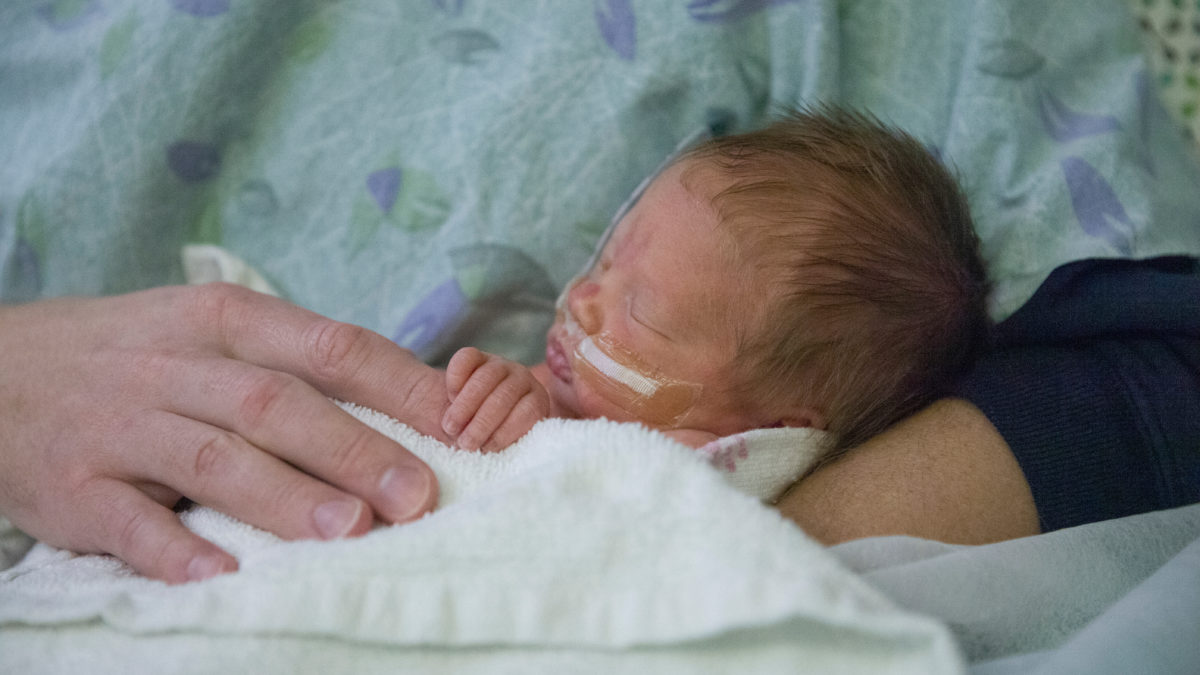Neonatal intensive care units can look like something out of science fiction. Blinking lights, machines, tubes, lines, alerts and a steady stream of people coming and going can be confusing and frightening to parents of preemies.
It can be an overwhelming place for new parents, most of whom never imagined their newborn would spend his or her first days there. Within this environment of new words, frightening diagnoses and fragile infants lies an intervention contributing to infant nutrition, immune protection and something parents can do for their infants that no one else can – breastfeed or provide human milk.
Research shows vast differences in the health outcomes of preterm babies who receive mother’s milk or donor human milk and those who don’t. Ingesting even a few drops delivers anti-infective protection to babies – much like medicine. There are numerous long-term benefits, too.
Helping new parents understand the importance of mother’s milk comes by connecting with them, helping them think of their milk as medicine. It’s necessary to press pause on the rushed nature of life – and the practice of medicine, even in most NICUs – to answer their questions and hear their concerns.
Breastfeeding outcomes, and infant health more broadly, benefit greatly from the presence of an International Board Certified Lactation Consultant. An IBCLC who is dedicated to the NICU can help manage the challenges to lactation in this environment. Some new moms are also helped by peer support from mothers who have been in their shoes, who can help them feel less alone.
We also need to consider how to meet the other needs of families. Providing care for siblings, nutritious meals when parents visit the NICU, parking vouchers or bus passes, and breast pumps and supplies all support the stability of the family unit and increase the mother’s opportunity to be present in the NICU with her baby. Togetherness and skin-to-skin time help bonding; it also gets mom and baby prepared to nurse. Other family members can also enjoy skin-to-skin contact with the infant, promoting the unity of the family.
Can hospitals offer a live-in option or housing for parents who otherwise would be too far away to visit every day? Are there runners who can pick up mother’s expressed milk and safely transport it to the hospital, especially for moms from rural areas? Is telehealth available so parents can remotely watch their baby receive that hard won milk? We must think outside the box when it comes to supporting new preemie families as they navigate feeding their infant mother’s milk.
There’s no easy answer to this challenge, but raising awareness about it this November, during Prematurity Awareness Month, is an important step. Our most vulnerable premature babies and parents deserve our best.





